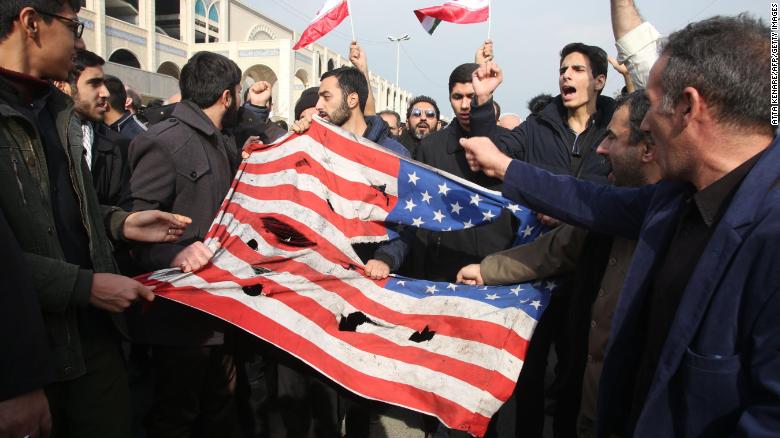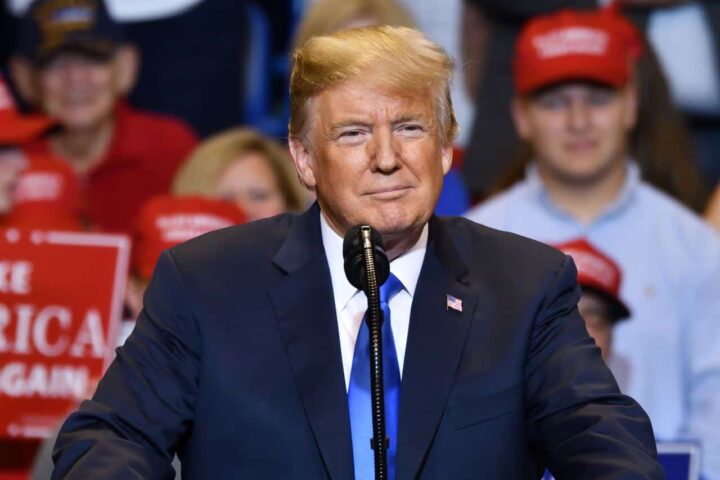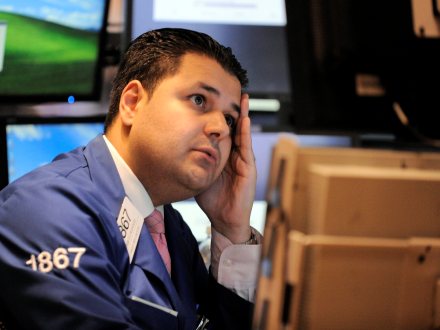Professor Michael R. Czinkota
President Donald Trump ordered the termination of Major General Quassim Soleimani of Iran in retribution for his terrorist plans and activities. Iran retaliated with a missile strike on Iraqi bases hosting U.S. troops. As the result, the President announced new economic sanctions against Tehran. Many now wonder whether this U.S. involvement is worth it.
But these exchanges are mostly imagery. Our policy planners need to have a vision of how our relationship with the world should be 20 years from now. Future generations should know that our policies, activities, efforts and investments were worth the effort.
At issue is the long-term outcome of these policy measures. Today, if you ask the State Department for travel advice, you will be referred to the “Travel Warnings” website. On it, you will find many admonitions of where not to go and what not to do. For example, the State Department issued a global security alert on January 8, 2020 to warn U.S. citizens of heightened tension in the Middle East. Americans are advised to “keep a low profile, avoid demonstrations or large gatherings, be aware of surroundings and stay alert in locations frequented by tourists.”
The travel advisory puts Iran on a Level 4: Do Not Travel, which indicates growing risk of kidnapping, arrest and detention of US citizens. Iraq and Syria are also ranked Level 4 due to terrorism, kidnapping and armed conflict. US citizens who decide to travel to Iraq or Syria are advised to “draft a will and designate appropriate insurance beneficiaries and/or power of attorney” and to “discuss a plan with loved ones regarding care/custody of children, pets, funeral wishes, etc.”
All these measures are helpful but what is needed is continued long term thinking as to how we will achieve globally a rating of Level 1 as we have for Canada and Hungary, which encourages travel with normal precautions. Being American should eventually be a sign of safety and security, as it was for the biblical St. Paul. A brief review of the life of St. Paul, also called the 13th apostle, may provide guidance and inspiration. His birth name was Saul. He was a Jew and converted to Christianity. He was born in Tarsus of the Roman Empire, which made him a Roman citizen. He was an indefatigable traveler, an early globalist who wrote lots of letters, many of which significantly challenged the status quo, and therefore were written missives of equivalent to many missiles. He established churches in Asia Minor. He evangelized in Macedonia, Thessalonica, Athens, Corinth and Malta. During his life and travels, he was often met with great hostility and persecution. The Roman emperor himself was none too pleased with Paul’s preaching and traveling. In an era of multideities, Christianity was not exactly popular in the reigning circles of the day.
What are the lessons here? St. Paul reached out to the world. His message was controversial, but it has survived quite well until today. He was not popular for his message—but he got the word out. He did not hesitate to go to the far corners of the world of his day. In spite of all the controversy and hatred that he faced, the people he encountered abroad did not harm him. Even when he was a captive in the provinces, he was untouchable and treated with respect and hospitality because he was protected by his citizenship of Rome.
St. Paul’s circumstances can be our guide for a vision of the future. We are proud to be Americans and the world should know it. There are special conditions associated with American citizenship—and our exposure and policies should enhance rather than hide that fact.
Some of that “specialness” is reflected in our international policies. In a statement addressing the nation the day after the strike against Major General Soleimani, President Trump stated that “under my leadership, America’s policy is unambiguous to terrorists who harm or intend to harm any American. We will find you. We will eliminate you. We will always protect our diplomats, service members, all Americans and our allies.”
In order to find out whether the effort was worth it, we should see where we are in the next generation. By then, when requesting a travel advisory from the State Department, here is what I’d like to see: “As a traveler, you are advised to carry identification of being a U.S. citizen with you at all times. Wear an American flag pin to let everyone know that you are an American. This way, you will carry an umbrella of respect, safety and security. Remember, you represent your country. We wish you success in your travels.”
Some might think of such a vision as perhaps lacking in humility. I see it as a worthwhile goal to strive for, as a translation of a national effort onto individual well-being, and as an outcome that will truly help bring peace to the world. After all, if Americans are secure, others will be as well.
Prof. Michael Czinkota teaches international marketing and business at Georgetown University. His most recent book is In Search for the Soul of International Business, 2019. He served as Deputy Assistant Secretary in the U.S. Department of Commerce in the Reagan and Bush Administration.










